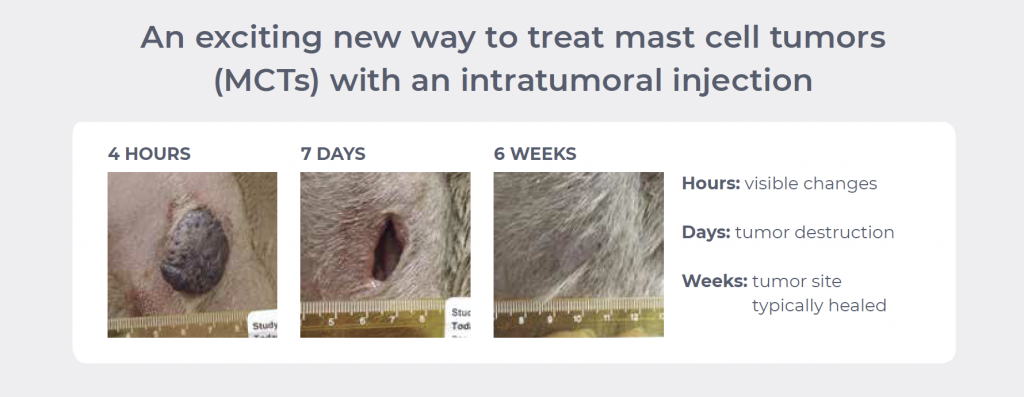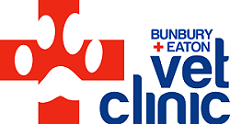
Cancer is a word, not a sentence.
When I think back to my time at vet school, cancer treatment for pets was still in its infancy. In most cases, treatment options were limited and less than perfect.
Fast-forward 22 years, and cancer treatment is developing at an amazing rate. Many pets are either being cured of cancer, or having their cancer managed in such a way that they continue to live a normal, healthy, good quality life.
A few years ago, I undertook a course on medical oncology through Sydney University, followed by a surgery course to further develop my skills. This has led to much better outcomes for most of my cancer patients, whether that be through surgical or medical management.
The toughest balance to reach for any cancer patient is ensuring their quality of life is optimised. My personal belief is that our treatments should always focus on maximising quality of life rather than just focusing on making the animal live longer. Of course, most of my cancer patients live longer because we have giving them a better quality of life. In some cases, we may even recommend not treating the cancer if we feel that the treatment wouldn’t give the dog a better quality of life, or if we feel that the side-effects of treatment will be too severe.
We are anticipating the release of a new product for the treatment of Mast Cell tumours at some point in November. This product (I’m not allowed to give the name here due to legislation about advertising prescription products) will be especially useful for treating mast cell tumours on legs, where traditionally surgery has been very difficult or has caused a lot of problems for the dog. It won’t replace surgery in all cases, but it will be a very useful tool for times when surgery isn’t appropriate.
Although treatment is getting better and better, success with cancer cases still relies on early diagnosis. If your pet has a lump which is larger than a pea and has been present for more than a month, it should be investigated by your vet. Your vet should, in most cases, take a sample of the lump with a needle and examine the cells under a microscope to get an accurate diagnosis.
Dr Braden, who works out of our Eaton Vet Clinic, is passionate about treating cancer in pets. If you’re concerned that your pet may have cancer, give us a call.
